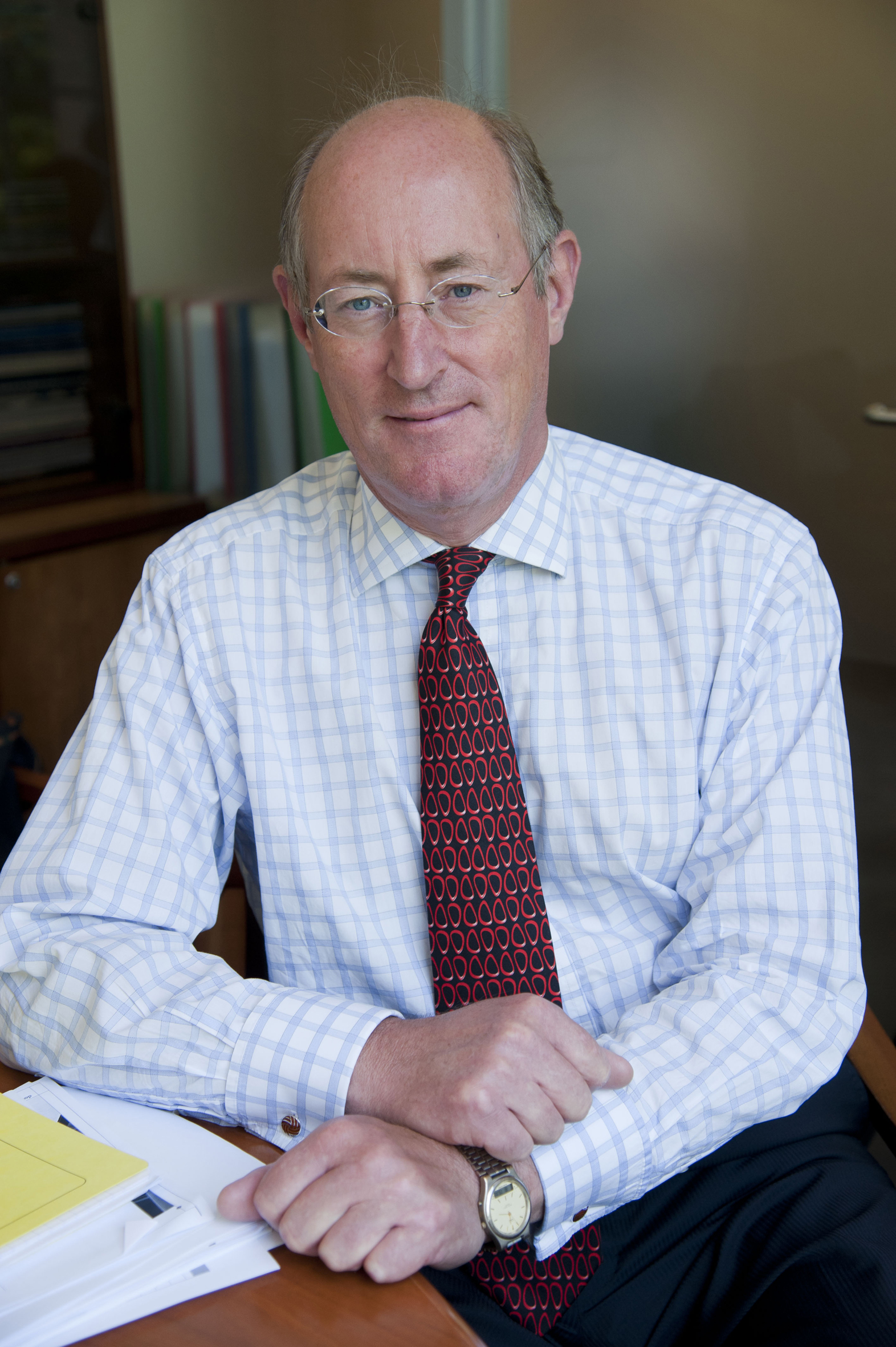
Philip Greenish CBE HonFREng
 Philip Greenish has provided outstanding leadership for UK engineering for the last 14 years, transforming the impact of the Royal Academy of Engineering and the effectiveness of the engineering profession.
Philip Greenish has provided outstanding leadership for UK engineering for the last 14 years, transforming the impact of the Royal Academy of Engineering and the effectiveness of the engineering profession.
As Academy Chief Executive from 2003 to 2017, he delivered an astonishing improvement in its influence and impact. Key developments included: more than doubling its income and staff; securing the lease to 3 Carlton House Terrace and driving forward the £6.5 million fundraising campaign during difficult economic times to create the Forum for Engineering; establishing the £1 million Queen Elizabeth Prize for Engineering; and promoting collaboration across the National Academies, including through influential studies with the Royal Society on nanotechnology (2004) and shale gas (2012) and with all the National Academies on research policy.
He provided crucial leadership on engineering skills and diversity, overseeing seminal policy work, such as Jobs and Growth (2011), and providing extensive support for the Perkins review of engineering skills (2014). He personally championed diversity and inclusion throughout his tenure, setting up the Diversity Leadership Programme and securing the Academy’s SETFair award, as well as working through WISE, the Daphne Jackson Trust and EngineeringUK to give diversity wider prominence.
He was instrumental in developing the Academy’s Enterprise Hub and Taylor Centre, now one of its most significant activities, which has so far helped create 45 businesses that have generated 150 jobs and attracted £30 million in external funding. His leadership has enabled substantial growth in Academy international activities, including pioneering capacity building programmes that have strengthened engineering in sub-Saharan Africa and the flagship 2017 Engineering a Better World conference that brought 450 engineers and international development professionals from 40 countries together to develop partnerships to maximise the contribution of engineering to global development.
He drove forward relations with both the influential Chinese Academies of Engineering and Science, for example through the air quality partnership that led to improvements in the Chinese legislative framework, and the energy storage collaboration that impacted positively on both Chinese national strategy and the coherence of the UK community.
He has worked tirelessly to bring the engineering profession together, establishing key alliances that allow the profession to speak with one voice. These have been vital for enhancing the profession’s ability to support policymakers effectively, illustrated by the two recent major projects on Brexit and Industrial Strategy led by the Academy on behalf of 38 professional engineering organisations. He was intimately involved with efforts to create greater alignment and impact across school STEM promotion activities.
His expertise has been much sought after and his voluntary activities have been extensive:
- Council member, CCLRC/STFC (2005-11)
- Chair of Council, University of Southampton (2018-) and Council member (2011-)
- Board member, EngineeringUK (2007-2017)
